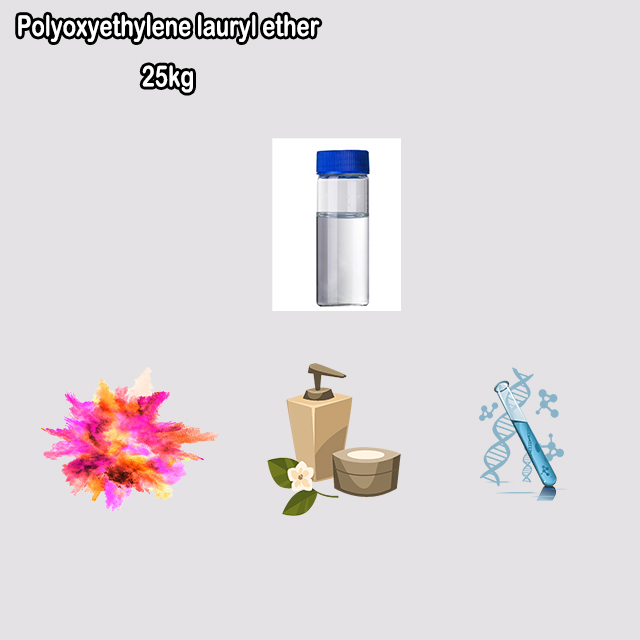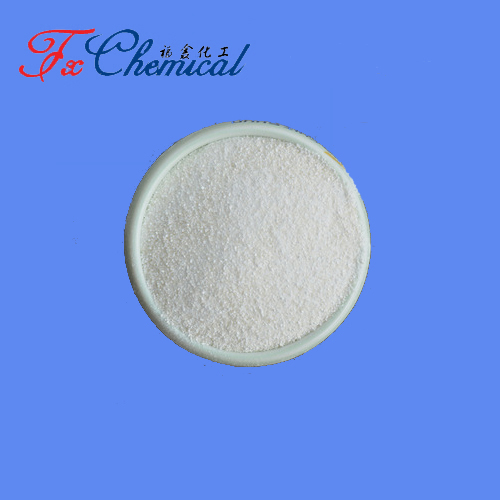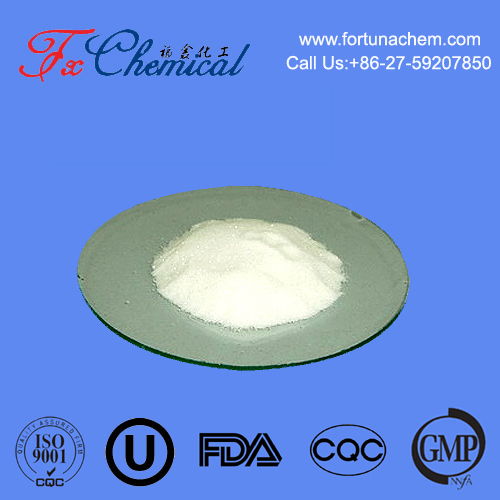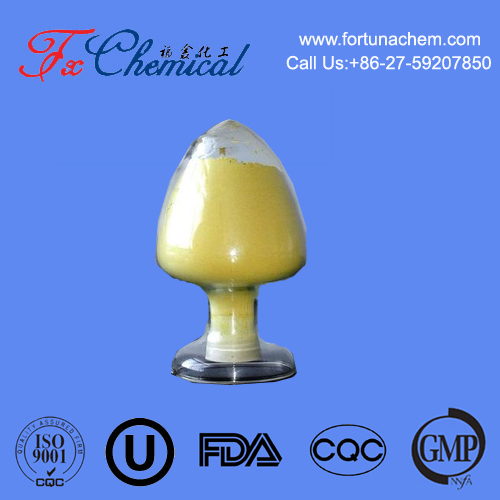
Search

Search

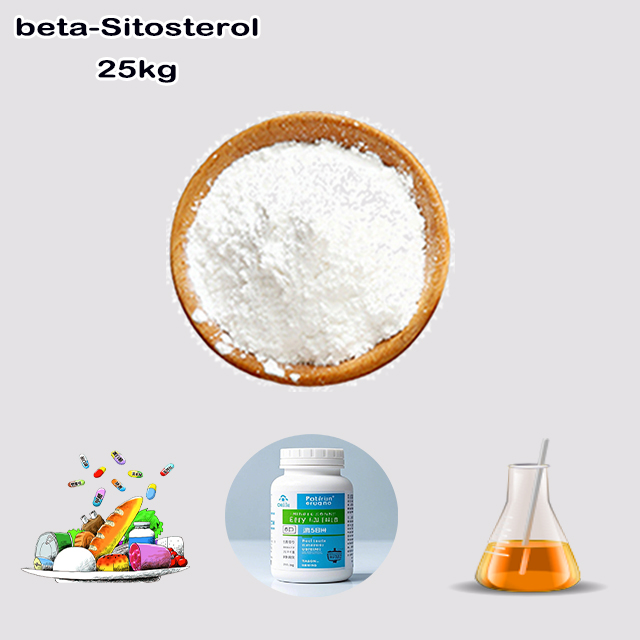
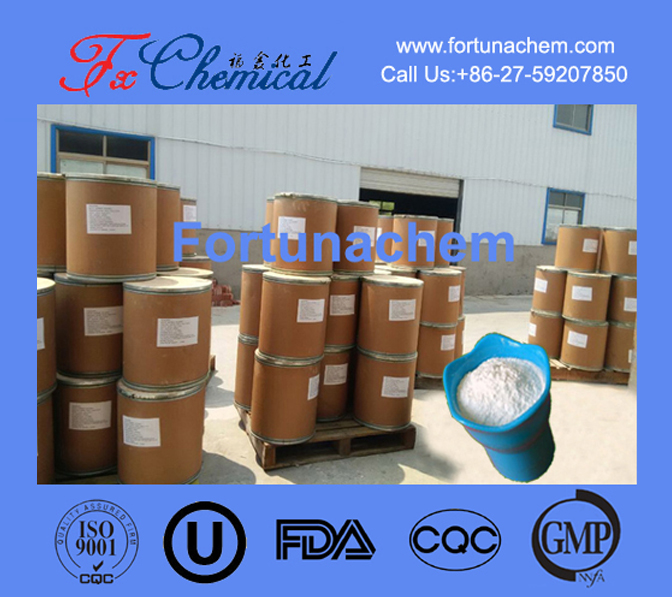
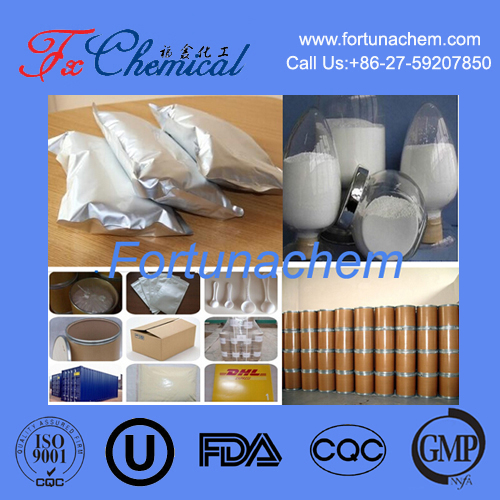

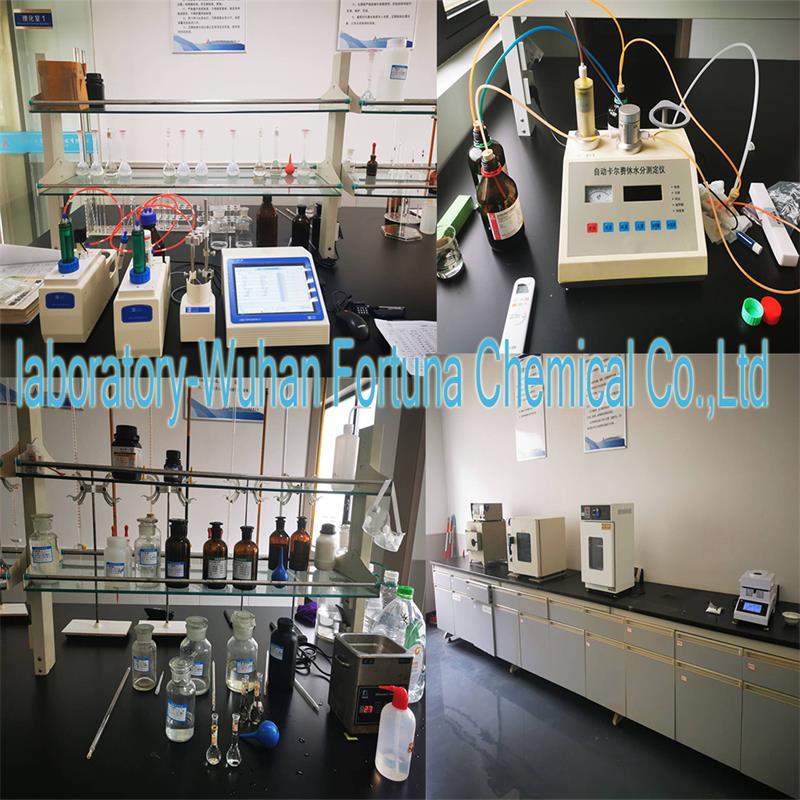





Beta-Sitosterol is a plant-derived compound (a phytosterol) with a structure similar to cholesterol. Its primary benefit is lowering LDL "bad" cholesterol by blocking its absorption in the intestines. It's also used to relieve urinary symptoms from an enlarged prostate (BPH), improving flow without reducing its size. Found in nuts, seeds, avocados, and fortified foods, it's available as a supplement. It's generally safe but is unsuitable for individuals with the rare genetic disorder sitosterolemia, where plant sterols accumulate dangerously in the blood.
Items | Specifications | Results |
Appearance | White or off white powder | |
Identification | Positive | Positive |
Melting point | 106℃~109℃ | |
Purity(HPLC) | ≥97.5% | 99.0% |
Heavy metals | ≤10 mg/kg | 10mg/kg |
Water Content | 0.5% | |
Residue on Ignition | ≤2.0 % | 0.1% |
Sulfates | ≤0.1% | 0.1% |
Residual solvents | None | None |
Conclusion | This product complies with the specifications. | |
Beta-Sitosterol is a plant-based compound that has a chemical structure very similar to cholesterol. It's part of a family of compounds called phytosterols (plant sterols). Its main claim to fame is its ability to help lower LDL ("bad") cholesterol levels. You can find it naturally in small amounts in many plant foods, and it's also added to certain foods and sold as a dietary supplement.
Think of it as a "cholesterol impostor" that blocks the real cholesterol from being absorbed into your body.
Type of Compound: Beta-Sitosterol is a phytosterol. Phytosterols are essential components of plant cell membranes, just as cholesterol is a key component of animal cell membranes.
Structure: Its molecular structure is almost identical to human cholesterol. This similarity is the key to how it works in the body.
The primary mechanism is well-understood and occurs in the digestive system:
Competitive Inhibition: When you consume beta-sitosterol with a meal, it travels through your gut along with the dietary cholesterol from your food.
Blocking Absorption: In the intestines, cholesterol must be incorporated into micelles (tiny fat packages) to be absorbed into the bloodstream. Because beta-sitosterol looks so much like cholesterol, it competes for space in these micelles.
Excretion: The beta-sitosterol wins the competition, taking the spot that cholesterol would have used. Since the body absorbs phytosterols very poorly (only about 5-10%), both the beta-sitosterol and the blocked cholesterol are excreted in the feces.
This process effectively reduces the amount of cholesterol entering your system, forcing your body to use up more of its existing cholesterol to make bile acids, which subsequently lowers blood cholesterol levels.
1. Lowering Cholesterol (The Most Proven Use):
LDL Cholesterol: Numerous clinical studies and regulatory bodies (like the FDA) agree that consuming at least 1.3 grams per day of plant sterols/stanols (like beta-sitosterol) as part of a diet low in saturated fat and cholesterol may reduce the risk of heart disease by lowering blood LDL-cholesterol levels. It can typically reduce LDL by 5-15%.
2. Benign Prostatic Hyperplasia (BPH):
Beta-Sitosterol is a key component in many supplements marketed for prostate health (e.g., saw palmetto extracts often contain it).
How it helps: The mechanism for BPH is different from cholesterol and is not fully understood. It is thought to reduce inflammation and inhibit growth factors in the prostate, which can help shrink the enlarged tissue.
Effect: Studies show it can significantly improve urinary symptoms associated with BPH, such as weak stream, frequent urination, and incomplete emptying of the bladder. However, it does not reduce the actual size of the prostate.
3. Other Potential Benefits (Evidence is Less Conclusive):
Anti-Inflammatory: May help modulate the immune response and reduce inflammation.
Boosting Immune Function: Some research suggests it can enhance immune activity.
Anticancer Properties: In vitro (test tube) and some animal studies have shown potential anti-cancer effects, particularly for colon and prostate cancer, but this is not yet proven in humans and should not be considered a treatment.
Natural Food Sources:
Oils: Avocado oil, wheat germ oil, canola oil, corn oil.
Nuts and Seeds: Almonds, walnuts, peanuts, macadamia nuts, flax seeds.
Legumes: Peas, beans, lentils.
Other: Avocados, whole grains, Brussels sprouts.
Fortified Foods: Many products like margarine spreads, orange juice, milk, and yogurt are now "fortified" with high levels of plant sterols, including beta-sitosterol, specifically for cholesterol management.
Dietary Supplements: Available in capsules, softgels, and powders, often alone or in blends with other phytosterols or saw palmetto for prostate health.
Generally Recognized as Safe (GRAS): Beta-sitosterol is considered safe for most people.
Common Dosage:
For cholesterol management: 1.3 to 3 grams per day, taken with meals.
For BPH: 60 to 130 mg per day (often as part of a saw palmetto blend).
Potential Side Effects: Generally mild and can include digestive issues like nausea, gas, diarrhea, or constipation.
Important Safety Consideration (Sitosterolemia):
People with a rare genetic disorder called sitosterolemia (or phytosterolemia) must absolutely avoid beta-sitosterol and other phytosterols. In this condition, phytosterols are absorbed in large amounts and accumulate in the blood and tissues, leading to a high risk of premature cardiovascular disease.
Interaction with Medications: It may reduce the absorption of fat-soluble vitamins (A, D, E, K) and certain medications like ezetimibe (Zetia), a cholesterol-lowering drug. It's best to take supplements several hours before or after other medications.
What it is: A plant sterol that mimics cholesterol.
Main Use: Effectively lowers LDL ("bad") cholesterol by blocking its absorption in the gut.
Other Key Use: Improves urinary symptoms of an enlarged prostate (BPH).
Key Feature: It's a well-researched, natural compound available in food, fortified products, and supplements.
Caution: Not safe for individuals with the rare genetic condition sitosterolemia.
In short, beta-sitosterol is a potent natural compound with proven benefits for heart and prostate health, but it should be used wisely and with awareness of its contraindications.
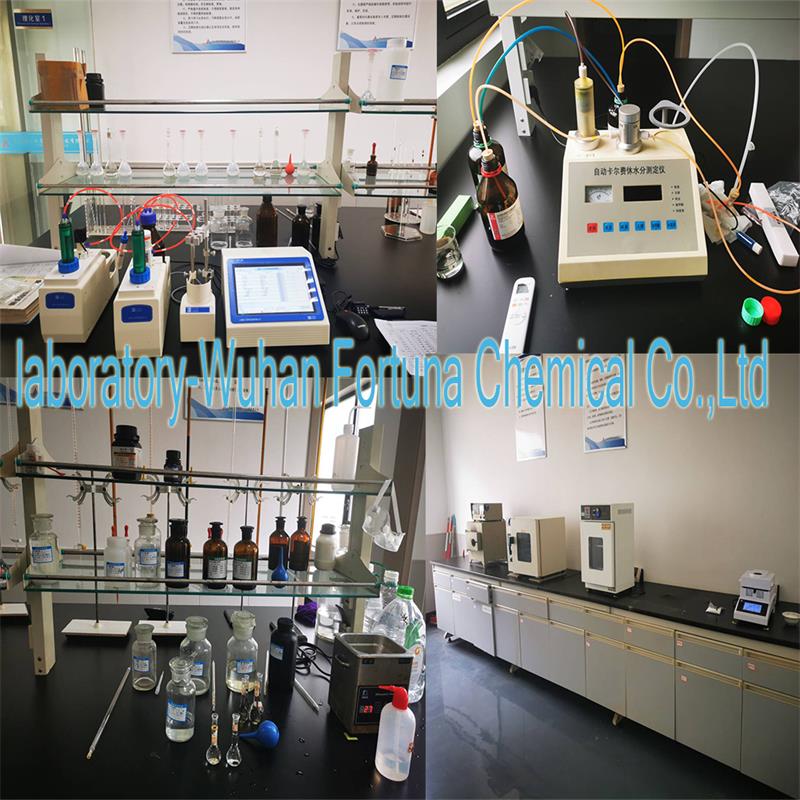
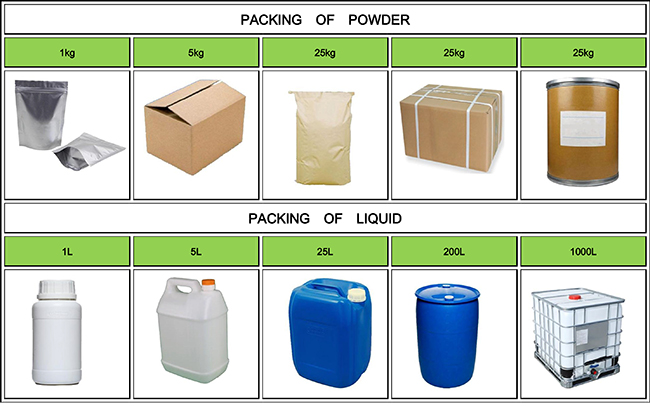
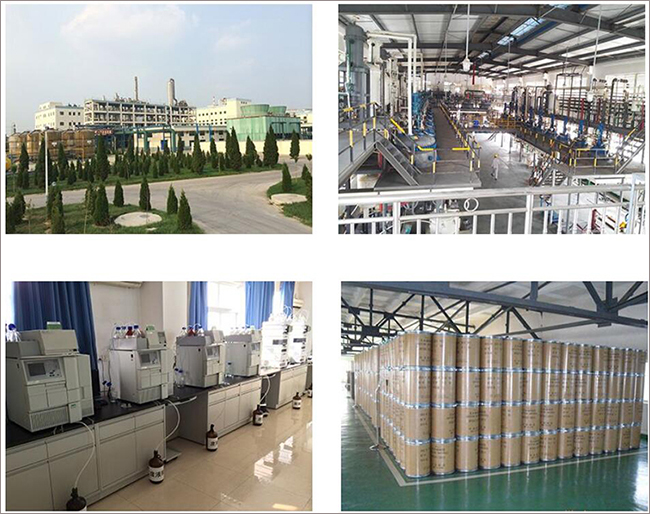

Fortunachem Provides Not Only Professional Chemical Products But Also Professional Help
Keeping you up-to-date with all the latest information, news, and events about Fortunachem!

Quick Links
Add:
E-mail:
 English
English  Español
Español  français
français  العربية
العربية 